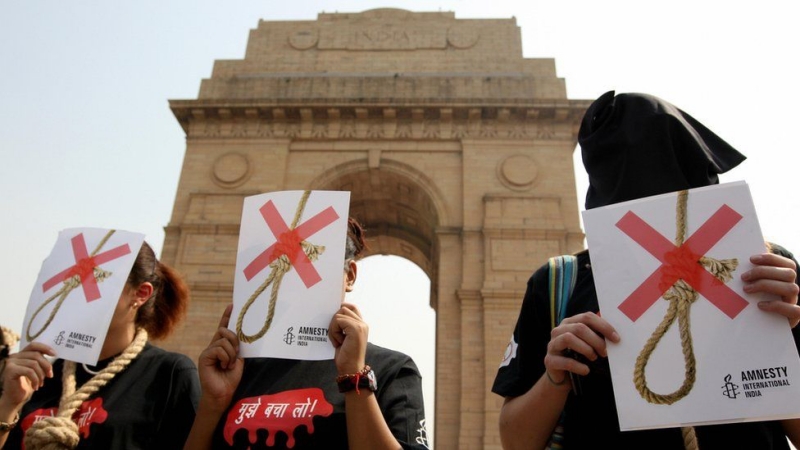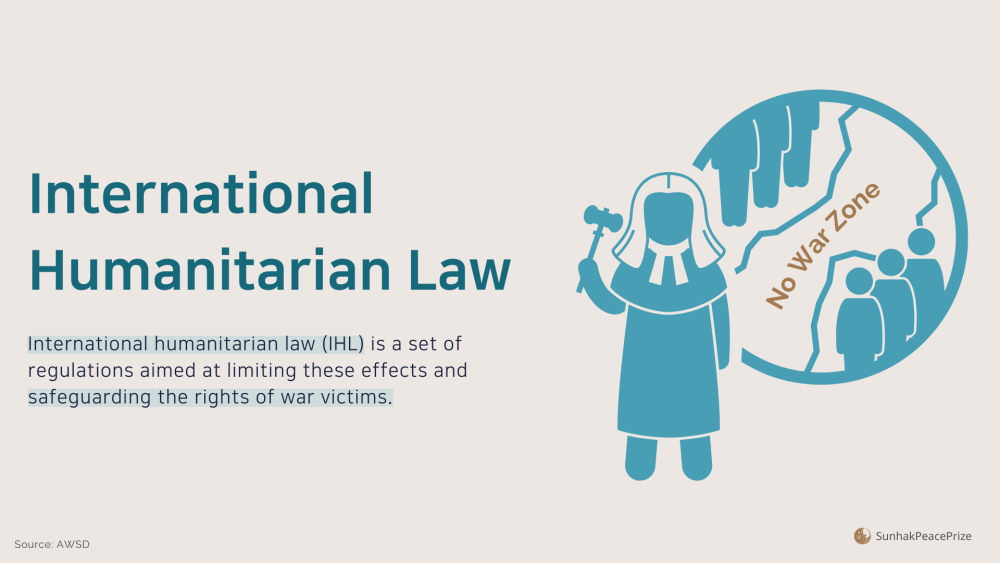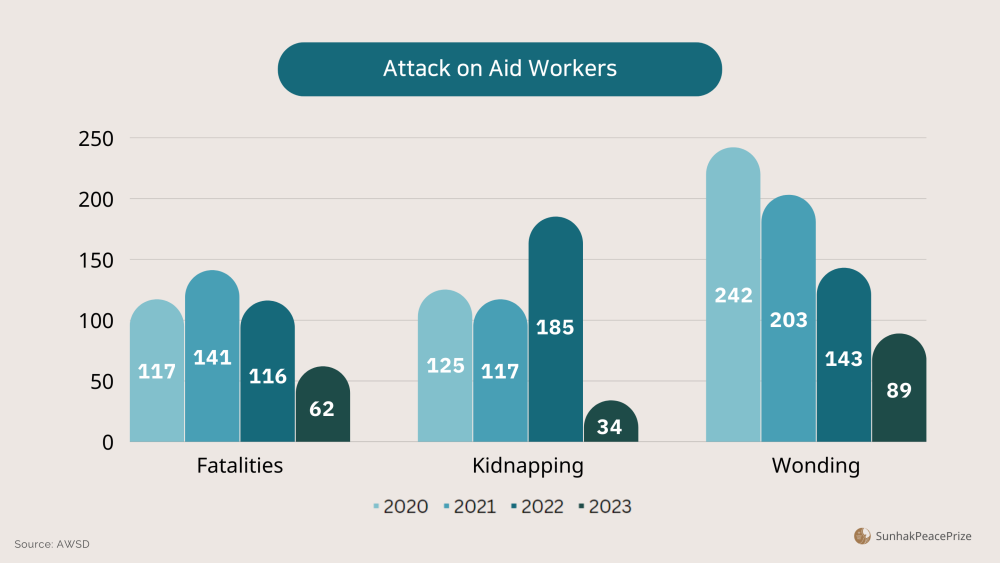Humanitarianism is a concept based on the belief that all individuals are equal, and the promotion of happiness and dignity should serve as the bedrock of any society. This article aims to explore the essence of humanitarianism, its necessity, underlying principles, and the endeavors of various organizations.

―
Q. What is Humanitarianism?
―
A. Humanitarianism is a concept based on the belief that all individuals are equal, and the promotion of happiness and dignity should serve as the bedrock of any society.
Key characteristics of Humanitarianism:
· People-centered: Humanitarianism places people at the forefront, recognizing the inherent worth and rights of every individual.
· Equality: It advocates for equal respect for the inherent worth and rights of every person.
· Empathy and understanding: Humanitarianism encourages understanding others’ thoughts, feelings, and situations, particularly aiding those whose basic human rights have been violated.
In essence, humanitarianism acknowledges that every human being possesses intrinsic worth and rights and supports everyone striving to uphold these rights without discrimination.
Humanitarianism is a guiding value that encourages respect and mutual understanding in a fast-paced world where human rights and their values can sometimes be overlooked or violated.
―
Principles of Humanitarianism
―
To help understand the concept of humanitarianism, the United Nations has defined four core principles: humanity, neutrality, impartiality, and independence. These principles garnered support through two UN General Assembly resolutions (46/182 and 58/114 ).
· Humanity: This principle underscores the obligation to address human suffering wherever it occurs globally, with particular attention to the most vulnerable.
· Neutrality: Humanitarian assistance should not take sides in armed conflicts or any other disputes. Humanitarian organizations and activists must abstain from involvement in political, racial, religious, or ideological debates when conducting their work.
· Impartiality: Humanitarian assistance should be provided solely based on need, without discrimination. Urgent cases take precedence, regardless of factors such as of race, nationality, gender, religious beliefs, or political views.
· Independence: Humanitarian organizations or individual activists should not be influenced or controlled by political, economic, military, or other non-humanitarian objectives.
―
Humanitarian Organizations Working for a Discrimination-Free World
―

(Source : BBC)
In recent years, humanitarian efforts have expanded into various domains, including climate change, equality in education, and healthcare.
Notable humanitarian organizations, such as Amnesty International and Doctors Without Borders, work tirelessly to provide assistance to people in crisis worldwide:
· Amnesty International: An NGO that dedicated to investigating and addressing human rights violations, especially supporting wrongfully detained individuals.
· Doctors Without Borders: An international organization of medical professionals providing healthcare in regions affected by war, disasters, and epidemics.
―
International Humanitarian Law
―

In times of armed conflict, basic human rights are often violated. International humanitarian law (IHL) is a set of regulations aimed at limiting these effects and safeguarding the rights of war victims.
In armed conflicts, IHL mandates protection for all civilians, injured persons, prisoners of war, religious personnel, humanitarian and medical workers, without discrimination. It demands:
1. The rapid and unimpeded passage for humanitarian aid during armed conflicts
2. The freedom of movement for humanitarian workers in conflict areas
3. The protection of civilians (including medical and humanitarian workers)
4. The protection of refugees, prisoners, and the wounded and sick
Unfortunately, in recent years, warring parties have increasingly violated these principles. Humanitarian organizations’ buildings have been attacked, vehicles and convoys seized, aid worders targeted, kidnapped, or killed.

Source: Council of Europe
These violations continue to be among the most pressing challenges to IHL, impacting countless civilians and preventing millions of people from receiving essential humanitarian aid.
―
Towards a Better Humanitarianism
―

By practicing humanitarianism that upholds everyone’s human rights without discrimination, we can build a global community where everyone can experience happy. Many individuals, risking their own lives, enable people to maintain their dignity even in war-torn areas.
It is the collective effort, actions, and services of those who care about those around them that can truly make the world a better place to live. Consider making a small donation to a humanitarian organization.
“Peace is concrete action; it is not a vague dream.”
-Dr. Sun Myung Moon, co-Founder of Sunhak Peace Prize -
As a Peace-Loving Global Citizen
Learn More: UN General Assembly Resolution 46/182
UN General Assembly Resolution 58/114
|
Written by Sharon Choi
Director of Planning
Sunhak Peace Prize Secretariat
Translated by Hyang Oh

